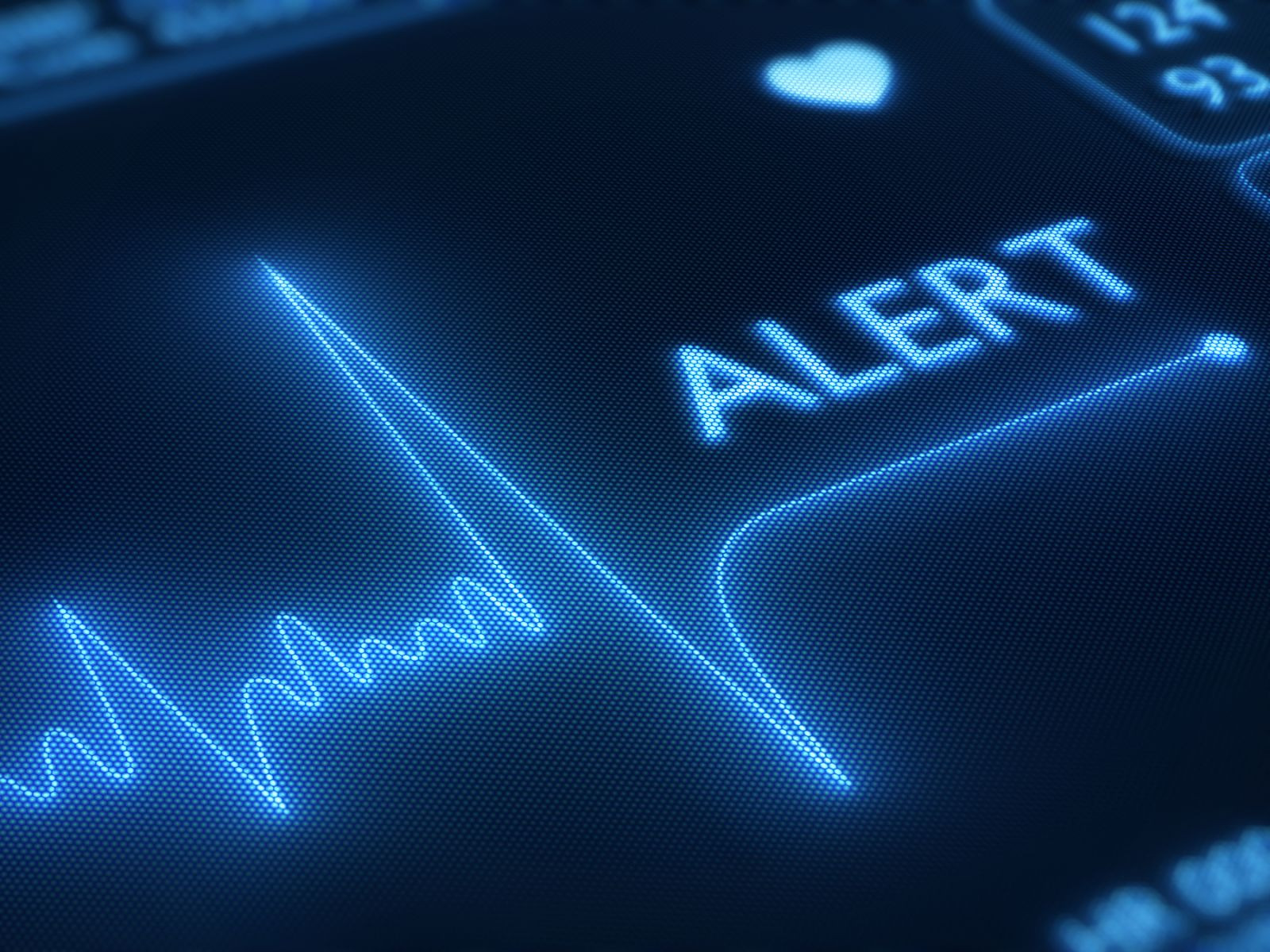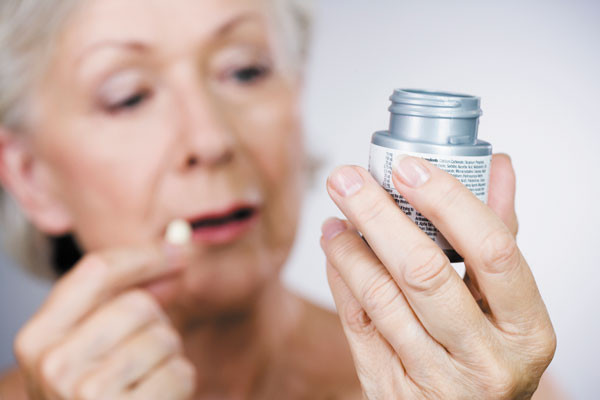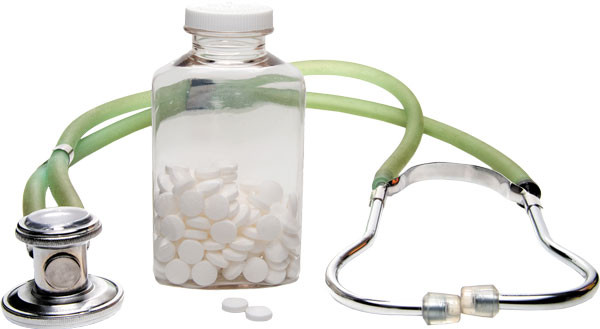
Respiratory health harms often follow flooding: Taking these steps can help

Tips to leverage neuroplasticity to maintain cognitive fitness as you age

Can white noise really help you sleep better?

Celiac disease: Exploring four myths

What is prostatitis and how is it treated?

What is Cushing syndrome?

Exercises to relieve joint pain

Think your child has ADHD? What your pediatrician can do

Foam roller: Could you benefit from this massage tool?

Stepping up activity if winter slowed you down
Heart Attack Archive
Articles
Reminder: Don't skip blood pressure medication
Millions of older adults aren’t taking their blood pressure drugs as directed. Ways to combat adherence problems include asking a doctor for less expensive drugs, understanding what a medication is for, and reporting side effects.
Thinking about sex after a heart attack
Frank discussions with a doctor can help heart attack survivors return to sexual activity.
Image: UrosPoteko/Thinkstock
Few things shake your sense of well-being more than a sudden heart attack. When the initial shock wears off, an over-whelming need to get life back to normal as quickly as possible usually takes hold. "Patients always ask me when can they drive again, when can they start exercising, and when can they return to work," says Dr. Donna Polk, a cardiologist at Harvard-affiliated Brigham and Women's Hospital. A key issue that seldom gets mentioned, though, is the struggle many heart attack survivors encounter when trying to resume their sex lives.
The same physical changes involved in a heart attack can conspire to diminish sexual enjoyment. Faulty circulation throughout the body, a hallmark of cardiovascular disease, reduces the amount of blood that reaches the sex organs. Men may develop erectile difficulties, and women may not have the blood flow needed for vaginal arousal and lubrication.
Throughout life, heart attacks are twice as common in men than women
Throughout life, men seem to be twice as likely to have a heart attack as women. This risk appears to persist even after accounting for risk factors such as high cholesterol, high blood pressure, and diabetes.
Avoiding winter heart attacks
Minimize risks with simple solutions such as preventing overexertion and preparing for cold temperatures.
Image: Bigstock
As temperatures start to fall, your risk of a heart attack begins to climb. "Cold weather sometimes creates a perfect storm of risk factors for cardiovascular problems," says Dr. Randall Zusman, a cardiologist with Harvard-affiliated Massachusetts General Hospital.
Many of these risks stem from what Dr. Zusman calls a "mismatch between supply and demand." Cold weather can decrease the supply of oxygen-rich blood to your heart muscle. And it can put you in situations that force your heart to work harder; as a result, your heart demands more oxygen-rich blood. Such a mismatch-a smaller supply of oxygen to the heart coupled with a greater demand for oxygen by the heart-sets you up for a heart attack.
Stroke after a heart attack: What’s the risk?
Here's what heart attack survivors need to know to lower their chance of a future stroke.
Image: Bigstock
First, the good news: The rate of first-time heart attacks has dropped by nearly half in the past 25 years. And heart attack survival rates have surged, thanks to improved treatments. The bad news? Compared to people without such a history, heart attack survivors not only face a higher risk of a second heart attack, they're also more likely to have a stroke.
The risk of stroke is higher in the first year following a heart attack, especially during the first month. After a year, however, only the risk of ischemic stroke remains elevated, according to study in the July 2016 Stroke that tracked more than a quarter-million heart attack survivors over a 30-year period. (See "Types of stroke: Blockage vs. bleeding" for a primer on the different types.)
Daily aspirin for disease prevention: When do the benefits outweigh the risks?
A daily aspirin may help defend against heart disease, but it should still be used with caution.
Image: FlairImages/Thinkstock
Aspirin tablets have been a staple of home medicine cabinets and first-aid kits for nearly 100 years. Long before that, people chewed willow tree bark, which contains aspirin-like compounds, to treat a variety of ailments. On top of being an excellent painkiller and fever reducer at its standard dosage, aspirin dramatically reduces the risks for a second heart attack and certain types of stroke when taken daily at a low (81-mg) dose. Research also suggests that aspirin might help limit the growth of colorectal cancer and possibly inhibit other cancers as well, but more research in this area is needed.
These benefits, coupled with the fact that aspirin is both cheap and relatively safe, have led the U.S. Preventive Services Task Force (USPSTF) to recommend that even some healthy people take a daily aspirin to ward off future disease. But figuring out exactly who is likely to benefit most from this therapy is a more complex calculation, says Dr. Michael Gaziano, a professor of medicine at Harvard Medical School and cardiologist at Brigham and Women's Hospital.
Understanding silent heart attacks
Nearly half of all heart attacks are silent, meaning they are not associated with any reported symptoms. Silent heart attacks, which can be detected on electrocardiograms, should prompt people to follow the same prevention steps as with a more typical heart attack.
Why you should always have aspirin on hand
This old standby may not be your first choice for pain relief, but it still has an important role in disease prevention and first aid.
Image: Thinkstock
We have a lot to thank aspirin for. It's cheap and plentiful. It does a good job of relieving pain and bringing down fevers. It has also been shown to reduce the risk of heart attack, stroke, and colon cancer. It can even stop heart attacks and strokes in their tracks. In fact, if you're in your 50s or 60s, you may want to think about taking a low-dose aspirin every day.
After evaluating the results of scores of studies, in April 2016 the U.S. Preventive Services Task Force (USPSTF) recommended that women and men ages 50 through 69 who have a 10% risk of a heart attack or stroke in the next 10 years take 81 milligrams (mg) of aspirin daily. Under the previous recommendations—which, were different for men and women—daily low-dose aspirin was advised for women ages 60 through 79 who were at increased risk for cardiovascular events. The recommendation was revised to reflect a new method of calculating the risk of heart attack and stroke and of increased risk of bleeding in older people.
Thyroid disorders and heart conditions: What’s the connection?
Watch for an irregular heartbeat and cardiovascular disease.
Thyroid disorders are often overlooked as potential causes of heart problems, but there is a well-established link.
Image: AlexRaths/Thinkstock
The thyroid is a butterfly-shaped gland in your neck. It produces hormones—thyroxine (T4) and triiodothyronine (T3)—that tell your cells if they need to speed up or slow down. But if the thyroid gland is overactive or underactive, the result is a number of consequences and symptoms, sometimes involving the heart. "The connection to the heart is well established, but thyroid problems are often overlooked as the cause," says Dr. Giuseppe Barbesino, an endocrinologist at Harvard-affiliated Massachusetts General Hospital.
Cardiac rehab: Even better with stress reduction
Cardiac rehabilitation—a supervised program to help people recover after a heart attack or heart surgery—may be more helpful if it includes stress reduction training, according to a study published online March 21 in the journal Circulation.
Researchers compared three groups of heart patients: people who did cardiac rehab for 12 weeks, those who did cardiac rehab plus stress reduction, and those who chose not to participate in cardiac rehab. The stress reduction group engaged in weekly, 1.5 hour-long sessions that included small group discussions and training in stress reduction, coping skills, and relaxation techniques.

Respiratory health harms often follow flooding: Taking these steps can help

Tips to leverage neuroplasticity to maintain cognitive fitness as you age

Can white noise really help you sleep better?

Celiac disease: Exploring four myths

What is prostatitis and how is it treated?

What is Cushing syndrome?

Exercises to relieve joint pain

Think your child has ADHD? What your pediatrician can do

Foam roller: Could you benefit from this massage tool?

Stepping up activity if winter slowed you down
Free Healthbeat Signup
Get the latest in health news delivered to your inbox!
Sign Up








